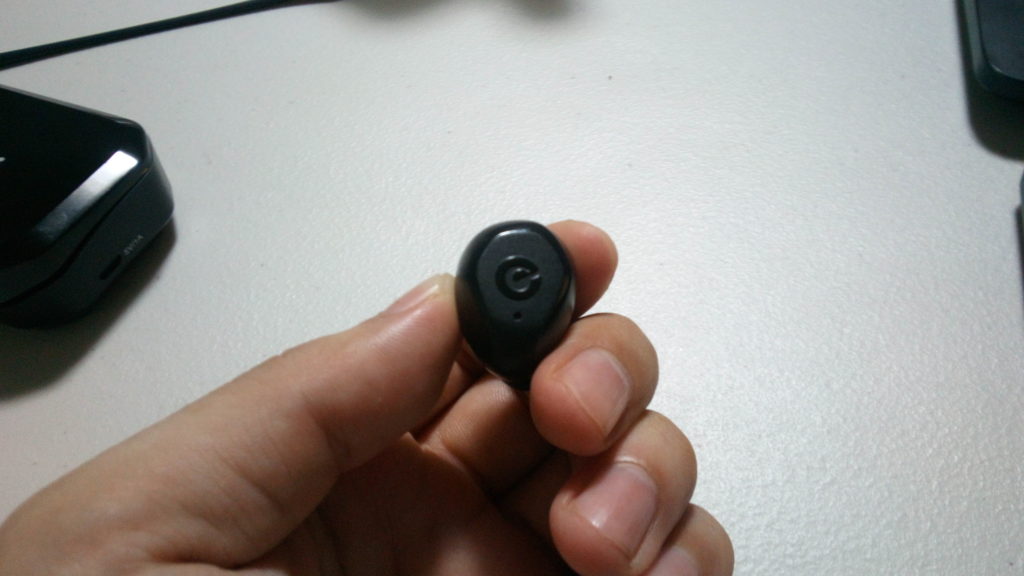
I hope you all guessed that from where today’s recipe belongs. Avoid white, shiny, puffy muri as far as possible.Nomoshkar! To everyone who loves to eat Bengali food. It’s comparatively cheap and the best one you can get. Try to buy muri from the local roadside shop where they roast muri, peanut, corn, Bengal gram, etc in front of their customer. Long-term regular consumption of white muri along with urea may lead to damage to your kidney, heart, lung, and liver. Result? The simple, easily digestible food turns into a slow poison for many. To meet the buyer’s expectation, muri makers add urea (Hydrose – sodium hydrosulfite, a common bleaching agent in the garment industry) to bring the extra whiteness, puffiness, and crunch to muri. Everyone prefers to buy bright white, shiny, crunchy muri which are kind of impossible to get following the natural muri making process. Sometimes the level of adulterants goes so high that it starts leaving a negative impact on your body. It’s like an open secret how adulterants are being used in food commodities to make them more sellable. Food producers, vendors try hard to make their products look the best and appealing. “Jo dikhta hai woh bikta hai” means, what looks great, that sells too. The best health drink in India for the growing child Are muri/ puffed rice safe? One or two handfuls of muri (20-30 g) along with a handful of sprouts (20-30 g), a few nuts, fresh vegetables (cucumber/ onion/ tomato/ coriander/ mint, etc) can be considered a healthy evening snack for most diabetic patients. Therefore muri mixed with a handful of sprouts, fresh vegetables give a much steadier glucose response. But the glycemic index and glycemic load change while foods are eaten in combination. Going by this logic muri may not seem to be a good choice for diabetic patients. Therefore it falls into high glycemic index food that increases the blood glucose level quickly. It is preferred to include more complex carbohydrates in the diet rather than the simple form.Īs per table 1, 100g of muri contains only 0.3 g of fiber and 73.6 g of carbohydrate. Remember, the diabetic diet focus on a simple principle- balancing the quantity and quality of total carbohydrate in a day. Yes, why not? If you are diabetic and starting your day with tea and biscuits, taking cornflakes for breakfast then why not? Muri with sprouts and fresh vegetables- cucumber/tomato/onionĬan a diabetic patient eat muri/ puffed rice? Muri with ghee, coconut, and jaggery/sugar

Muri with roasted peanut, Bengal gram, and oil Sweet Snack/Breakfast with Muri/ puffed rice Table 4: Healthy snack/breakfast ideas with muri / puffed rice Savory Snack/Breakfast with puffed rice

Muri mixed with vegetable curry or dal is also a common breakfast for many. Not only as snacks, but muri is also a staple food in parts of Bengal and Odisha. Muri combined with roasted peanut/ Bengal gram/ sprouts/ fresh vegetables/ ghee/ oil/ coconut/ jaggery/milk powder etc bring variety in taste and also become suitable for various health issues. Table 3: Comparison of nutritive value of muri / puffed rice with popular instant breakfast items Food Table 2: Comparison of nutritive value with popular instant snacks Food Muri contains no fat and no added sugar like other commercial snacks/ breakfast items which makes it a far better option. Tables 2 & 3 below compare the nutritive value of muri with other popular instant snacks and breakfast cereals. Table 1: Nutritive value of muri/ mudi/ murmura/ puffed rice (per 100 g) Nutrientĭata source – Nutritive value of Indian foods, 2016, NIN, ICMR Muri or puffed rice as instant breakfast/ snack – The texture and flavor improve and it also adds variety to a daily diet.

Perched rice/muri is made from parboiled rice -the rice which is steamed and dried before milling. perched rice (muri/ murmura/ murmuralu/kurmura).In India, about 4-5 % of total supplies of rice is converted into rice products like –

The health benefit or harm is completely dependent on the method of processing rice to make muri. To know how healthy is muri, you need to understand how muri are made. Muti is a rice product, therefore it comes under the cereal product’s category.


 0 kommentar(er)
0 kommentar(er)
